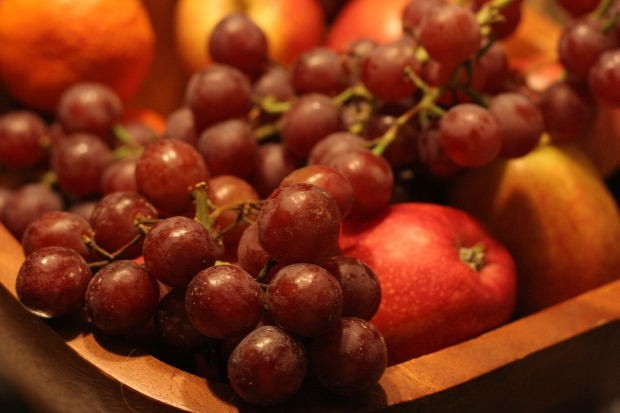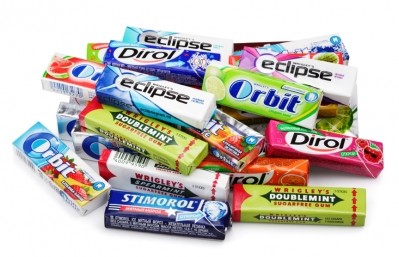Wrigley develops gum sweetened with dried fruit powders

The company has filed a patent that was recently published online for a chewing gum sweetened with dried fruit powder.
The leading gum maker says powders from a variety of fruits could provide a natural alternative to sucrose and were cheaper than laxative inducing polyols.
“Chewing gums formulated with dried fruit powder as the bulking agent provide not only a real fruit taste, but also offer healthier options for consumers,” said Wrigley in its patent application.
“The bulking agent is natural since it is fruit, and it contains the natural flavor, vitamins and nutrients that is inherent to the fruit itself.”
Drawbacks of sucrose
Sucrose in gum provides the mouthfeel and texture, while enhancing flavor and slowly releasing the sweetness.
“Unfortunately, sucrose is cariogenic, and may lead to dental caries (tooth decay) as well as impacting glucose levels for those suffering from diabetes,“ said Wrigley, adding that sucrose provides calories without added benefits such as vitamins or fiber.
Polyol shortcomings
Polyol-based bulking agents, typically maltitol and sorbitol, are often used as an alternative. They can replace around 30-70% of sugar’s sweetness, which means high intensity sweeteners are needed to supplement.
Wrigley said that the high intensity sweeteners are often unnatural and can deter consumers looking for natural goods. Polyols are also associated with gastrointestinal disturbances.
Possible fruits
Dried fruits may be a viable alternative. Fruits that could be dried and used in gum are wide ranging. They could include berries such as blackcurrants and grapes, drupes such as plums and cherries and pomes, including apples and pears.
Fruits with seeds can also be used but they may impact the mouthfeel and need to be blended with polyols, sugars, maltose or dextrin.
The patent details compositions with full sugar replacement such as a gum with 100% dried apple powder and others that replace a portion and then use a polyols or high intensity sweetener such as a strawberry dried fruit powder combined with sorbitol.
The company said freeze drying the fruits provided better than other drying methods and added that fiber, protein vitamin and carbohydrate content varied depending upon the fruit used.
The powders are added with gum ingredients before sheeting and forming.
Carrot sweetened gum?
Wrigley also touted dried vegetable powders such as those from carrot, corn, and potato.
“Since most vegetable powders lack the sugars and acids of dried fruit powders, they are not as appealing to use as a replacement to sweet bulking agents, “said Wrigley.
“Nevertheless, dried vegetable powders may also be included to create a unique taste, decrease cost, or provide nutritional benefits inherent to the vegetable itself.”
Potato powder may be combined with a strawberry powder, for example, it said.








